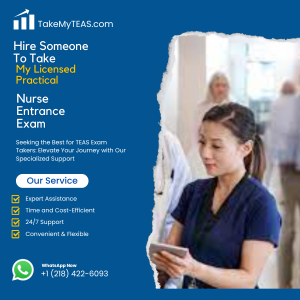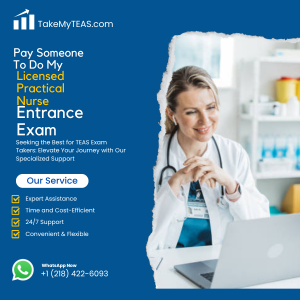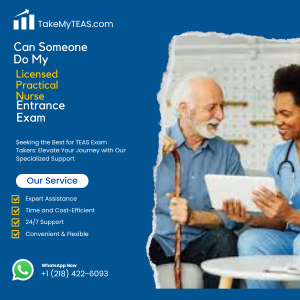Preparation
Preparing to pass an entrance exam for nursing programs takes extensive preparation. Many schools provide study guides and materials to aid students in taking their standardized exams successfully. Exam questions and formats often change; therefore students should seek resources which reflect the most up-to-date version of the test.
Some schools also require their students to take standardization tests that apply across healthcare programs of all kinds. The HESI A2 assessment qualifies students for various healthcare programs including nursing, radiology and dental assisting; its sections for reading comprehension, vocabulary and basic math skills make the exam quick enough that test-takers typically complete it within 209 minutes – giving ample time for high school level knowledge retention!
The PSB Aptitude for Practical Nurses test evaluates candidates in academic areas including math, nonverbal comprehension, spelling and natural sciences; vocational adjustment and judgment in practical nursing situations. Administered by Psychological Services Bureau for prospective LPNs to take.
Execution
The NCLEX-PN exam is the final hurdle before becoming licensed as a practical nurse. This computerized adaptive test assesses your knowledge and abilities in areas of nursing theory, critical thinking and caring – it requires a passing score in order to pass.
If you fail the NCLEX-PN exam, retaking it within six weeks is possible. However, you must meet the requirements for licensure in each jurisdiction where you wish to work; this includes passing background and drug screenings and providing fingerprints as part of the licensing application process with your regulatory body.
Once accepted into your school’s nursing program, you must fill out and submit an application and submit transcripts and letters of reference as well as proof of health insurance and clear criminal background check before commencing clinicals. Furthermore, you must submit proof from previous nursing programs as proof to start their current program – an unblemished criminal record is essential in becoming a practical nurse.
Results
Nursing schools look for high GPAs, strong references from people familiar with their character and solid test scores when recruiting students. Furthermore, Test Materials Alternative Languages they take into account a person’s history of success in their chosen field as well as scores on standardized tests such as the SAT or ACT to further evaluate individual candidates.
The HESI A2 entrance exam is widely used by nursing schools and other healthcare programs as an entrance examination. It includes questions from academic areas like high school-level math and English as well as personality profiling and learning style inventories. Reading tests focus on passages, maps and graphs while the math section contains 36 algebra problems to test general problem-solving abilities while testing knowledge of physiology, anatomy and life sciences in its science section.
The National League for Nursing PAX exam is another popular entrance examination designed to test core subjects related to nursing, such as mathematics and reading speed. It can be taken online or at designated testing centers and requires between $35-$70 fee payment.
Feedback
The HESI A2 exam, typically offered at nursing schools, evaluates students on basic high school-level mathematics and English skills as well as decision-making abilities, learning styles and personality profiles. It includes 50 questions covering verbal reasoning as well as quantitative reasoning plus two analytical writing tasks.
Students applying to nursing programs may want to take another exam – PSB HOAE – which is tailored specifically for healthcare-related academic programs. While it focuses less on personality traits than HESI, it still includes a vocational adjustment index to assess behavioral characteristics.
Time management, technical literacy and stress levels all play an integral part in how well students perform on exams. By providing students with support to successfully navigate these obstacles, you can help ensure they achieve optimal results on their exams while building confidence and alleviating anxiety levels. Furthermore, this support may lead to the creation of more focused study plans and overall increased performance.



